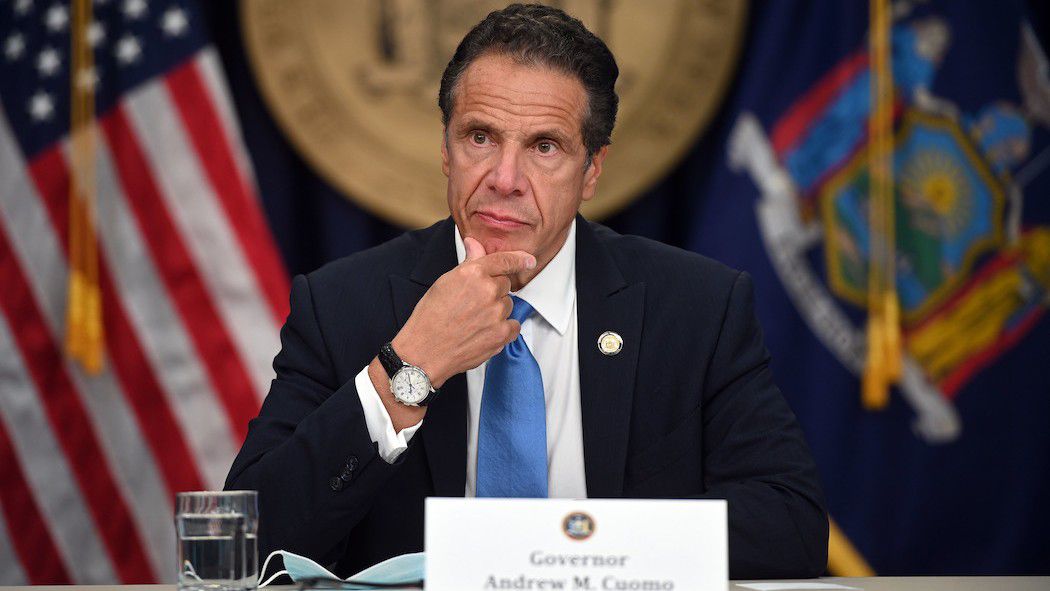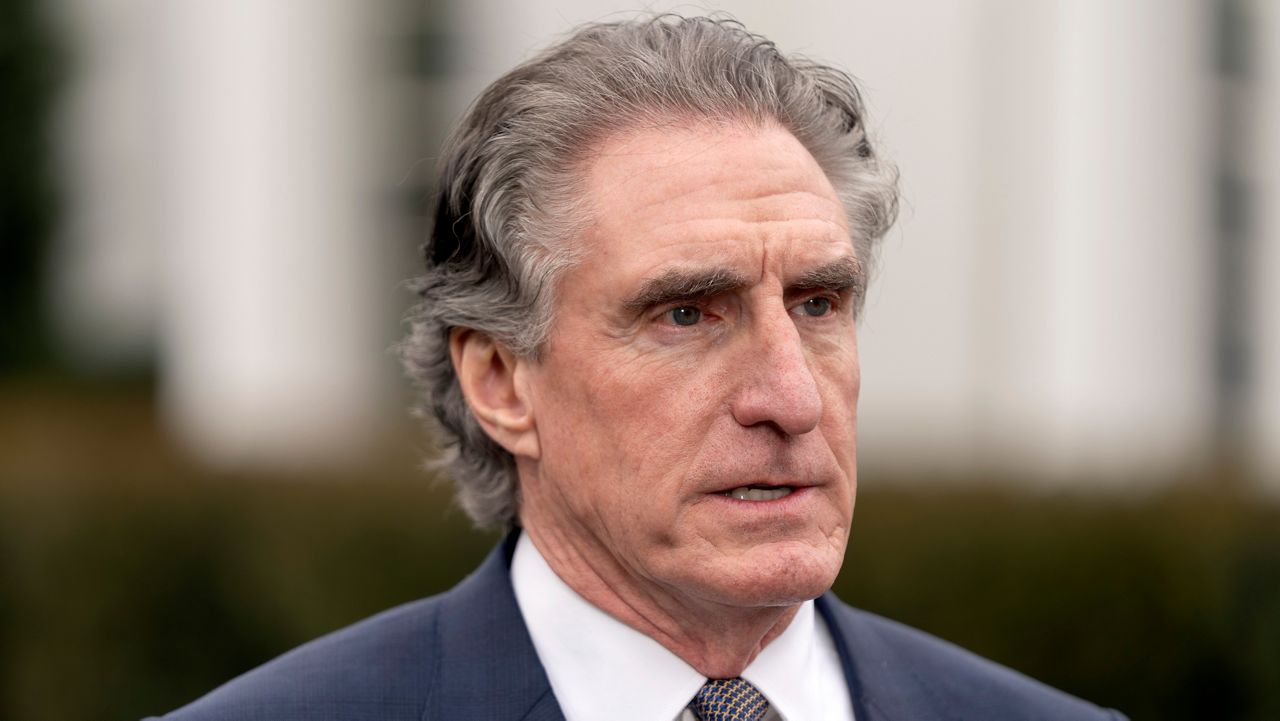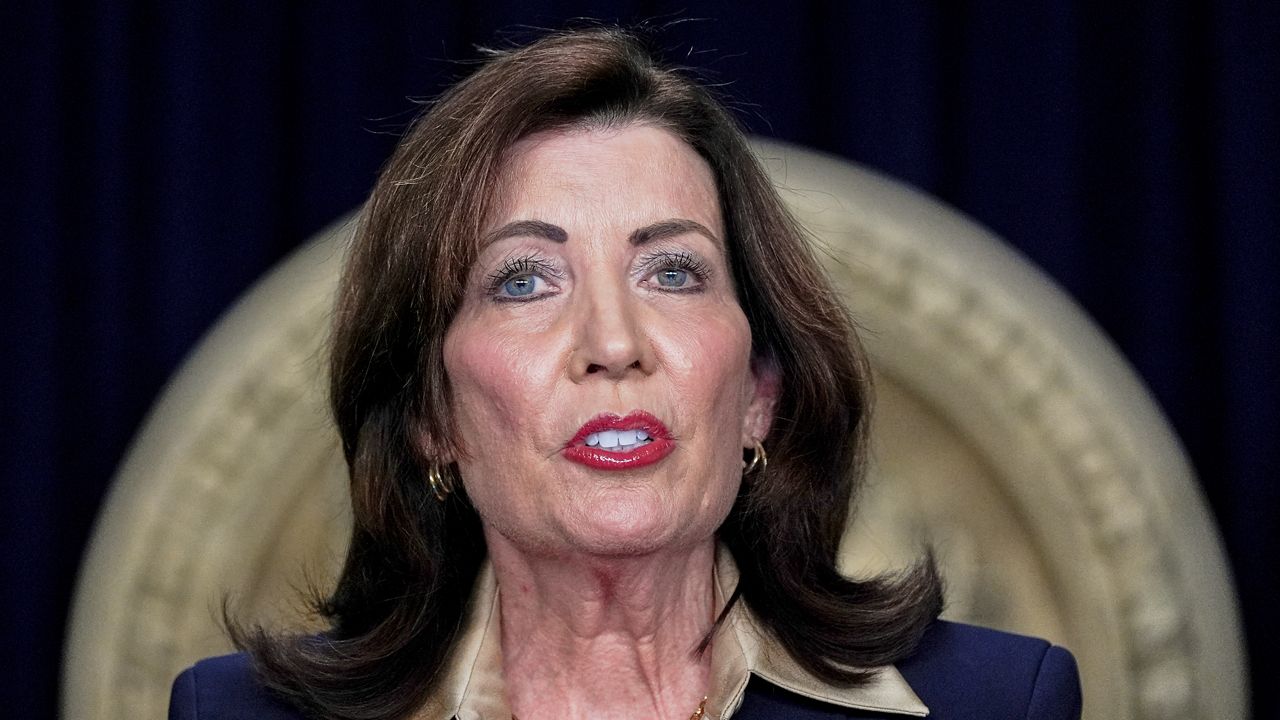When Tropical Storm Isaias blew through the region earlier this month, more than 2.5 million people lost power in New York, New Jersey and Connecticut.
While the storm’s actual impact was brief, the aftermath was long lasting, as utility companies, including Con Edison, struggled to restore power, particularly in Queens.
“It is unacceptable that the utility companies continue to have such problems during the storm, and the aftermath,” Governor Cuomo said. “We know these storms are going to happen. We know in the middle of the storm, power is going to go out for consumers.”
Cuomo has previously threatened to yank the licenses of Con Edison and other utilities, but this time he’s proposing legislation that would increase penalties, which are currently limited to $100,000 under New York law, and enable the state to more easily revoke a utility’s license.
“The laws right now in the state of New York, I believe, are too protective of the utility companies. And that has to change,” Cuomo added.
Last week, the state legislature held a virtual oversight hearing on the outages and the failure of utility companies to quickly restore power. In one exchange, the head of Con Edison, Tim Cawley, was less than reassuring about its ability to get the power back on after future weather events.
“This storm was bad, frankly, it could have been worse,” Cawley said. “And so if you are a critical facility there has got to be some self sufficiency for the good of the order and the good of society.”
Cuomo is limited in his executive power, so to really make a change with the state’s regulation of utilities, he must do so thorough statute, or legislation.
The legislature has no plans to come back into session before the November election, which means the earliest this legislation would get done is just before the end of the year, but more likely early next year when the legislature is back in session.









_DNT_911_Air_Quality_Investigation_CLEAN_130267847_2447)